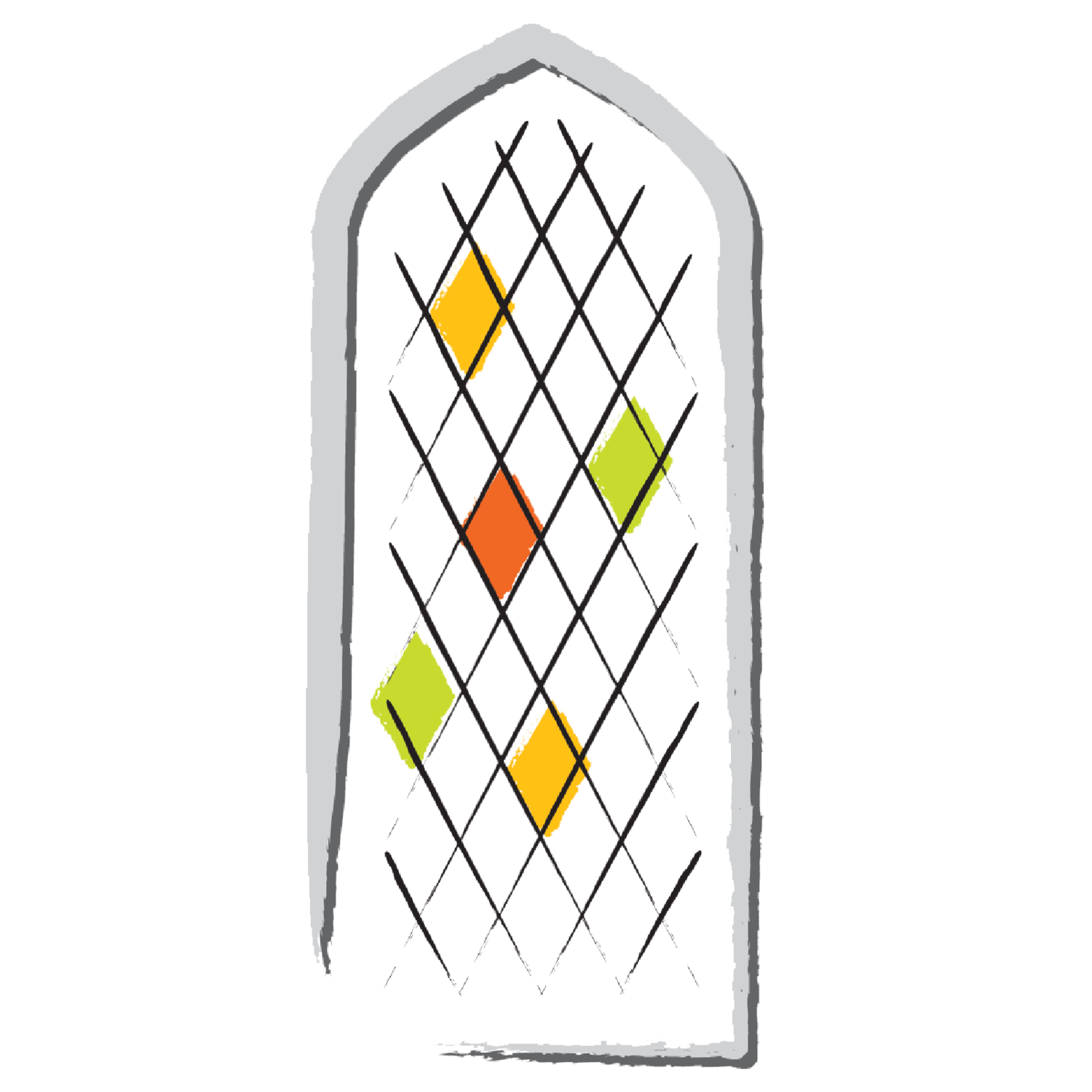But the greatest of these is love.
Dear First Pres SLO Family,
Grace and peace to you in the name of Jesus Christ, in whose name we pray and serve and live.
The earthquake that devastated parts of Turkey and Syria is on all of our hearts this week. Such a staggering loss of life and destruction of cities and towns—the images are hard to see, and hard to avoid. We would be well within the boundaries of faith to ask God why. Why did this happen? Why did so many have to be lost? Why didn’t God intervene?
The theological answers are true, even if they’re nowhere near satisfying. The natural world has its own order and its own set of dangers. We’re not puppets—free will comes with risks as well as rewards. Creation has been disrupted by sin and won’t be made right again until Christ returns.
I believe those things, even if I struggle with them at times.
I believe those things, but they don’t help in the face of such suffering.
There is a name for this process of asking questions and making the case for loving God in the face of suffering and evil: It’s called Theodicy. Literally, it means speaking for God (you fans of interesting words can look that one up)—when tragedies happen we remind ourselves and others that God is good, and that God’s purposes are eternal, and not just bound up on earth.
It’s hard, but Theodicy is an important part of the life of faith in the real world. Sometimes we have to look back on the trustworthiness of God in the past, so that we can trust God again in the present. This is a task for mature disciples.
David Bentley Hart is a theologian who reflects on this very challenging area. In response to the Tsunami in 2004 that took so many lives, he wrote this about a Christian response to such events:
“Ours is, after all, a religion of salvation; our faith is in a God who has come to rescue His creation from the absurdity of sin and the emptiness of death, and so we are permitted to hate these things with a perfect hatred…And while we know that the victory over evil and death has been won, we know also that it is a victory yet to come, and that creation therefore, as Paul says, groans in expectation of the glory that will one day be revealed. Until then, the world remains a place of struggle between light and darkness, truth and falsehood, life and death; and, in such a world, our portion is charity.”
Our portion is charity.
That’s a helpful lesson, especially at a time when we feel so helpless. Hart isn’t using the narrow definition of charity—simply giving in response. He means the love that we see in 1 Corinthians 13:13. In our modern translations we see it as:
“And now these three remain: faith, hope and love. But the greatest of these is love.”
But in earlier versions of the English Bible it said this:
“And now abideth faith, hope, charity, these three; but the greatest of these is charity.”
The word is familiar to church people—it’s agape, the sacrificial love that we see in Jesus, and that we’re called to share with each other. In the face of tragedies that we can’t explain and that make us cry out to God, our job is to love sacrificially. Our portion is charity.
A part of that agape/love/charity is to give, and so if you’re looking for a way to support the relief work that is already underway in Turkey and Syria, I invite you to read this article. It describes the work being done to share what we have with those in need—to love them as they emerge from this time of suffering. If you want to go directly to a giving opportunity, please click here.
In the meantime let me invite you to pray for those who have been impacted by the earthquake and its aftershocks. Ask your questions and even rail at God if you need to. God can take it. But remember also the ways that God has been faithful in the past—that’s a part of today’s story, too.
Blessings to you and yours,
Pastor John

